Last Updated: 06/05/2025
Why Does My Cat...?
Do you often find yourself wondering why your cat does certain things? Take a read through the most unusual and quirky behaviours and the reasons behind them.
Author: Dr Belinda Stancombe BVSc (Hons)
Reading Time: 6 minutes - short read
Cats can be funny, quirky and sometimes just downright weird! No matter how unusual our cat's behaviour can be, we love them just the same.
But have you ever found yourself wondering, Why Does My Cat??? While we may find some cat habits a bit weird, and let's face it gross at times, for our cats these behaviours make sense and there is often a biological or learned reason behind them.
Our vets have decoded the reasons behind some of our feline companions most unusual traits and quirky behaviours. Discover if your cat's weird habit is on the list!
Chirp or Chatter When They See A Bird?
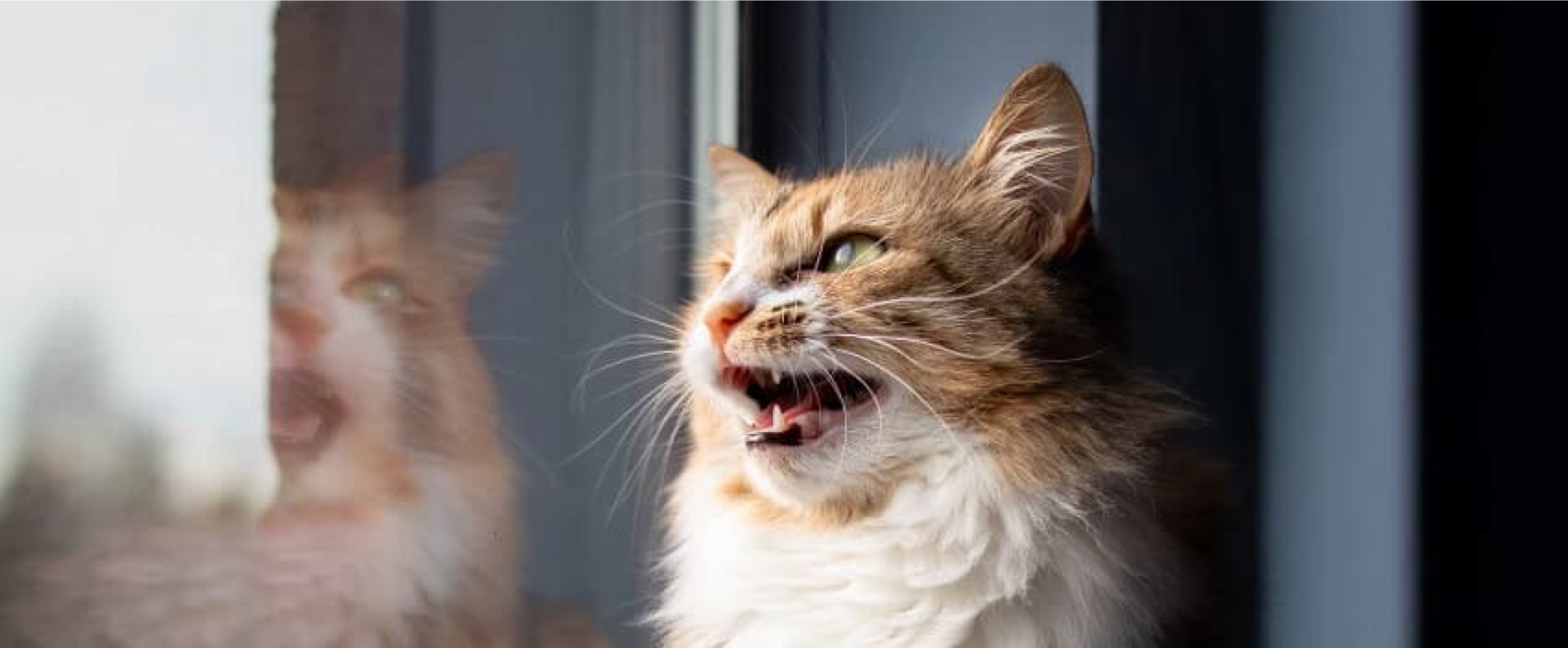
Have you ever noticed your cat staring out the window at a bird and then they suddenly make a weird chirping sounds, almost like they are imitating the bird they are watching?
Cats chirp or chatter for many different reasons. Mostly cats will chirp when they are excited by something that gets their attention but that they can not get to, such as a bird, insect or toy. They become highly focused and will often stretch their neck out to get a better view, stare, crouch down and flick their tails.
If your cat particularly loves watching birds outside, then a window bed may give them the perfect viewing platform. Providing your cat with plenty of interactive toys gives them an outlet for their natural hunting instincts.
Some cats will chirp to get their owners attention, say hello or to ask to be fed. Not all cats chirp though, and there is nothing to worry about if you have not heard your cat do this. All cats communicate differently.
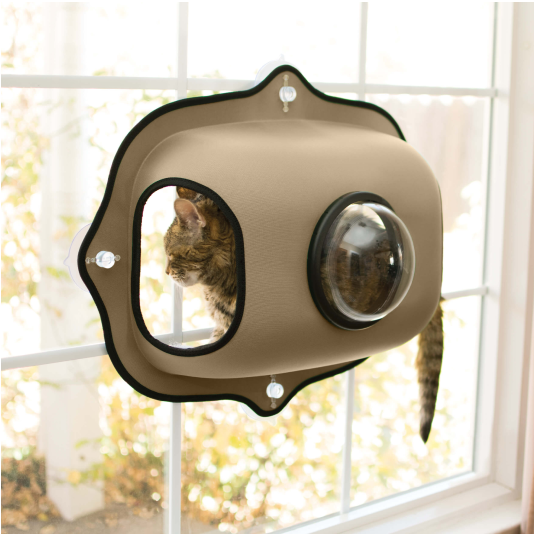
Bring Me 'Presents'?
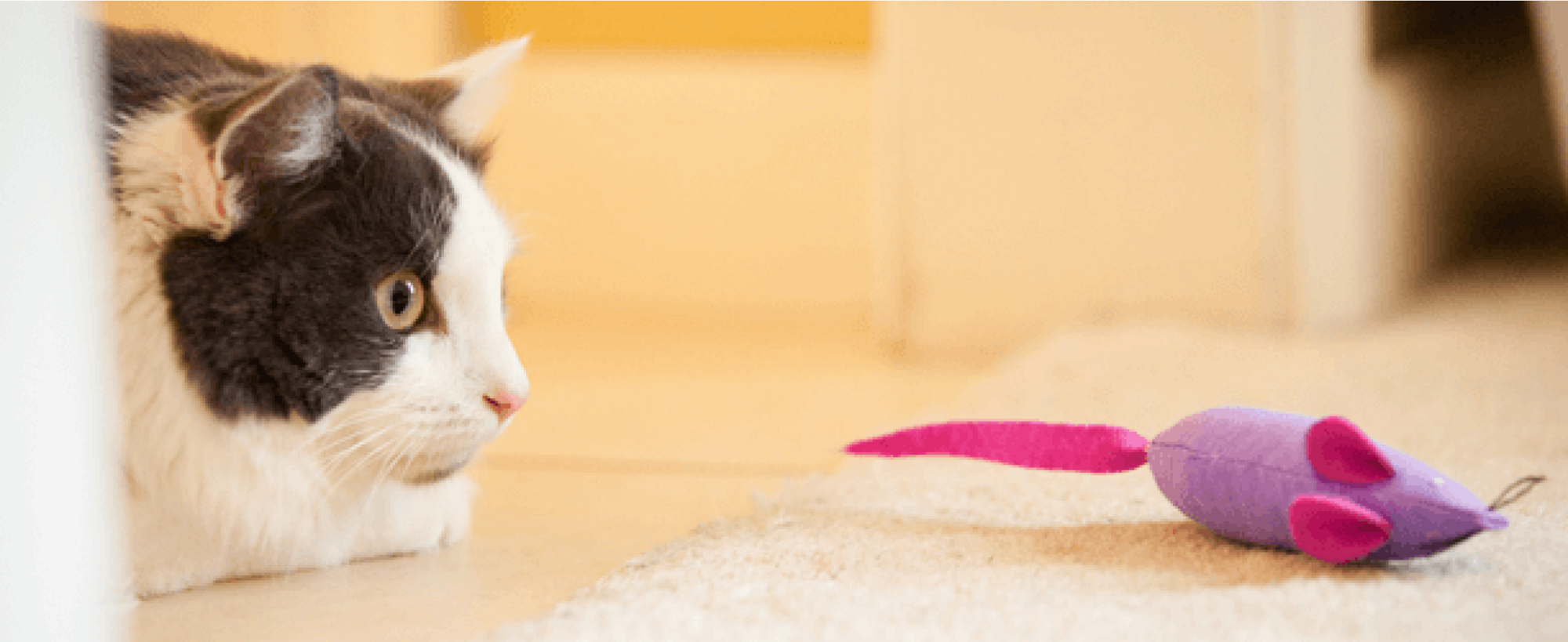
Have you ever been presented with a dead animal or insect? Maybe your cat likes to bring you toys, rubbish or a leaf?
Cats are natural hunters. Even though they have been domesticated for centuries, cat still have strong hunting instincts. Some cats love to catch prey and present it as gifts to their owners. While this may be disgusting or disturbing to us when we find a 'present' on the doormat, cats will do this to proudly show off their catch or as a gift to share with their 'pack'. Hunting and catching prey is a natural cat instinct and does not mean that they are hungry, rather that they are trying to share these important skills with their family. Keeping your cat inside will significantly reduce the number of gross 'gifts' you receive and protect local wildlife.
If your cat brings you a special present, no matter how gross, always try to give them praise and return the love with a pat. (Some people even pretend to eat the 'present' while sneaking it into the bin, just to make their cat happy!) After all, it's never nice to feel that your loved one didn't like your gift!
Bite Me When I'm Petting Them?
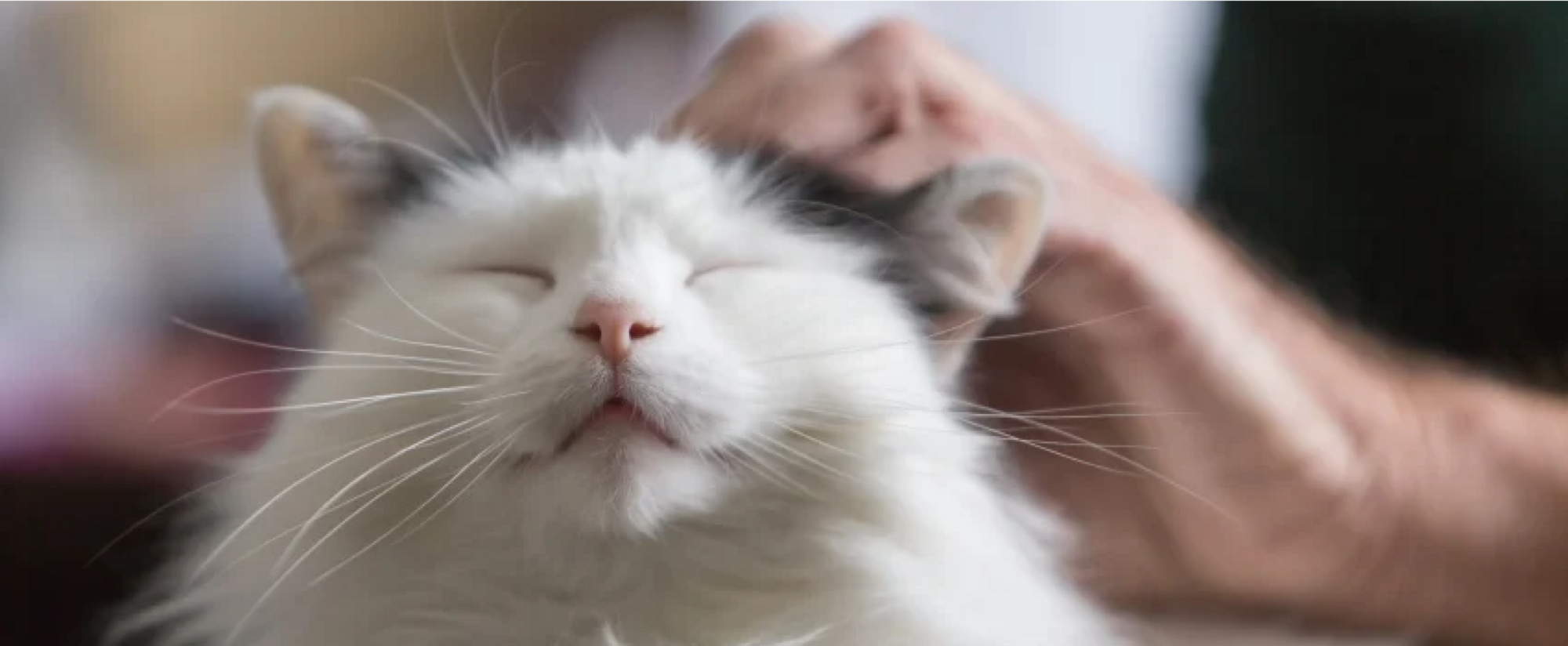
Have you ever been patting your cat and they seem to be enjoying it, and then for no reason they turn around and bite or scratch you?
This behaviour is unique to cats and is known as petting aggression. Cats that show this behaviour are sensitive to touch and become easily overstimulated.
Understandably, owners can find this situation frustrating as they are just trying to lavish love and affection on their much loved kitty! While it can feel like this aggression comes out of the blue, most cats will give subtle signs before showing aggression such as turning their head and looking at your hand, back rippling, swishing their tail or vocalising. If your cat is showing this behaviour when being patted, it is a sign that they have had enough. Some cats may be sensitive to being patted at certain times or the day or when there is lots of activity. Reading these warning signs and giving your cat a break will help strengthen your relationship.
Aggression in some cats can be a sign of boredom. Just like us, cats that are cooped up in the house with nothing to do all day, can become irritable and prone to lashing out. Providing your cat with environmental enrichment such as trees and scratchers and toys is a great way to mentally stimulate your cat and help burn some of that pent up energy!
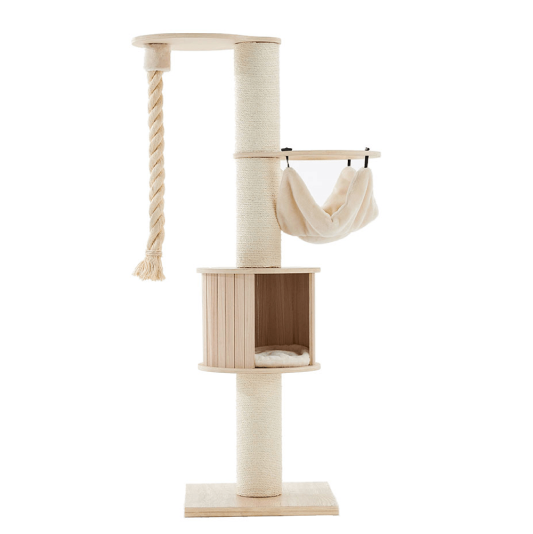
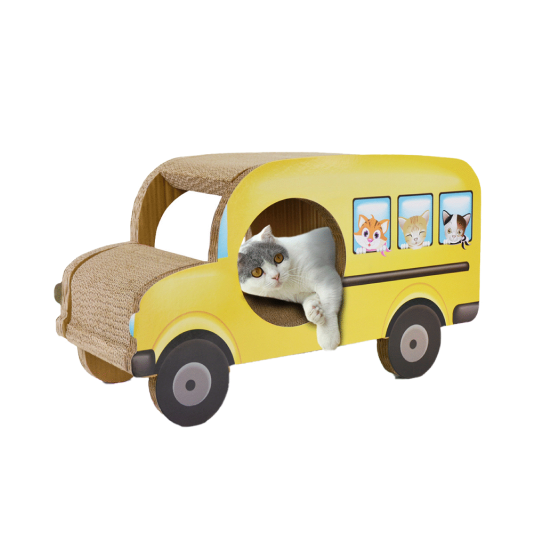
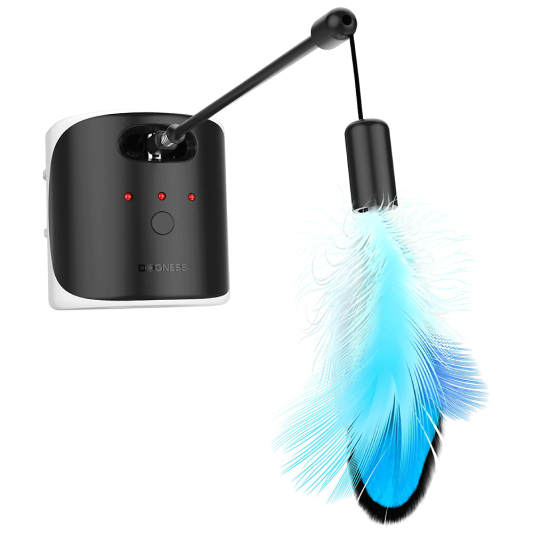
Knead or 'Make Biscuit'
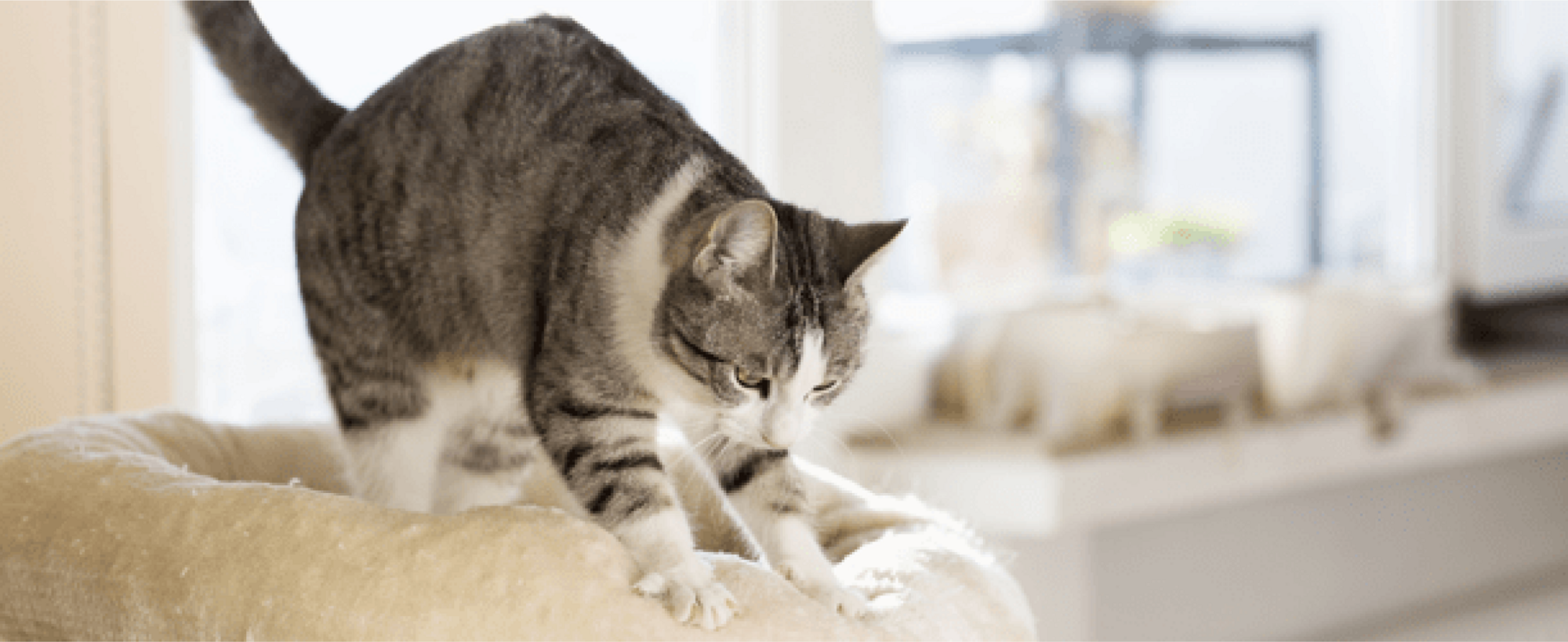
Kneading, otherwise affectionately known as 'making biscuits' is when a cat presses and flexes their paws into a soft surface. This may be a pillow, couch, blanket or even you! This is an instinct carried over from kittenhood, where kittens knead on their mother's belly to express and encourage milk let down. Your cats do this as a sign of affection and contentment, and it is considered by some to be the ultimate display of love.
Unfortunately kneading can be painful for us. Cats don't realise that our skin isn't as thick as theirs - and the happier your cat is, the harder they will press! If your cat is causing pain, place a thicker blanket between you and them, or try clipping their nails to reduce the sharp tip!
Looking for more information on Nail Trimming? Read our veterinary written article How To Trim Your Pet's Nails.
Twitch When They Are Sleeping
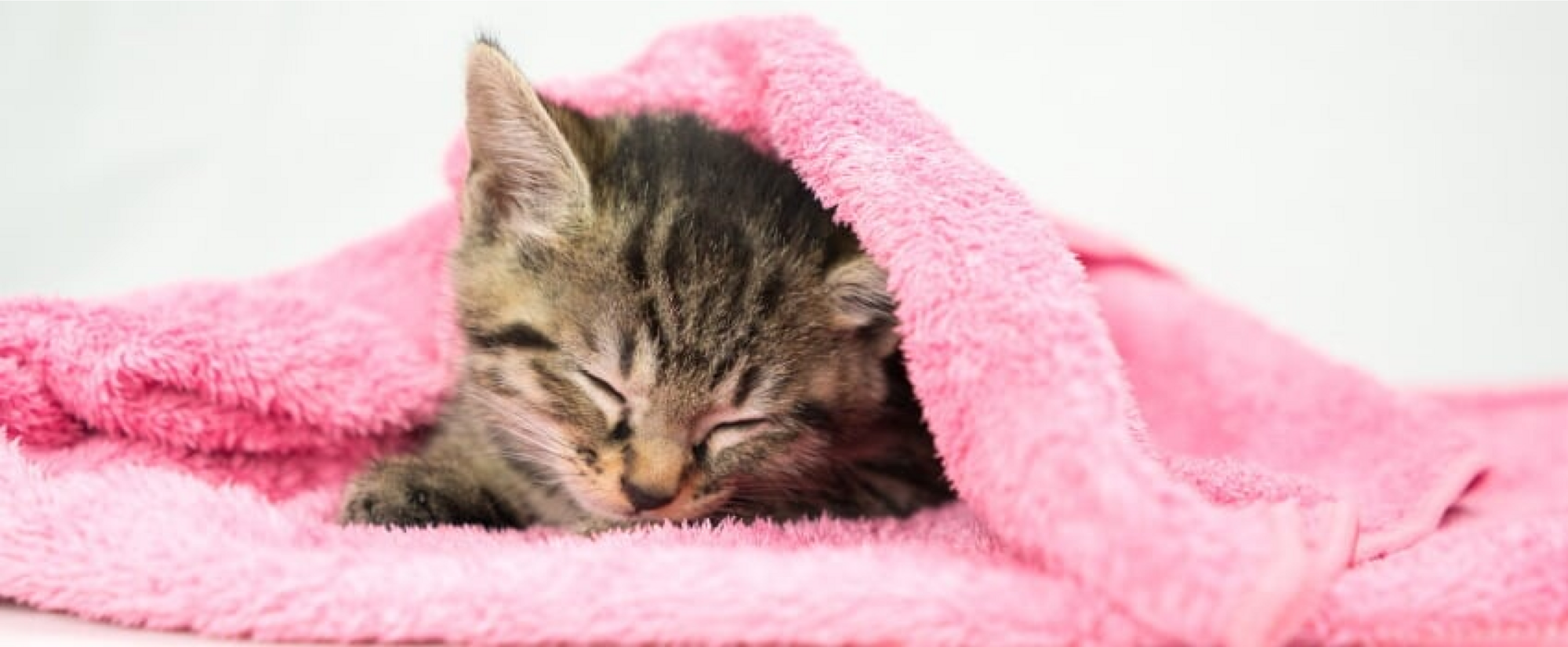
Like humans, cat's dream when they are sleeping. When dreaming they may twitch, vocalise and move their legs and paws, just like we do when we are dreaming.
Kittens tend to twitch and move more during sleep, something that pet owners can worry about, but is completely normal. They do this because the pons, the part of the brain that regulates deep sleep, is underdeveloped. As their brain matures, they have less animated sleep.
Just like humans, cats have sleep cycles and will enter into REM (Rapid Eye Movement) around 20 minutes into sleep. During REM sleep, breathing will increase, eyes move around rapidly and intense dreams are more likely.
Figuring out what our cats dream about is somewhat challenging. Research has indicated that cats are likely to dream about cat things......chasing a toy, watching a bird or eating a snack. Not all dreams are happy though, and cats can suffer from bad dreams or nightmares. While this may be difficult to watch as an owner, waking your cat from a nightmare can be dangerous as they may lash out in fear before they fully wake up. In these cases it is best to 'let sleeping cats lie'.
Wee Outside The Litter Box?
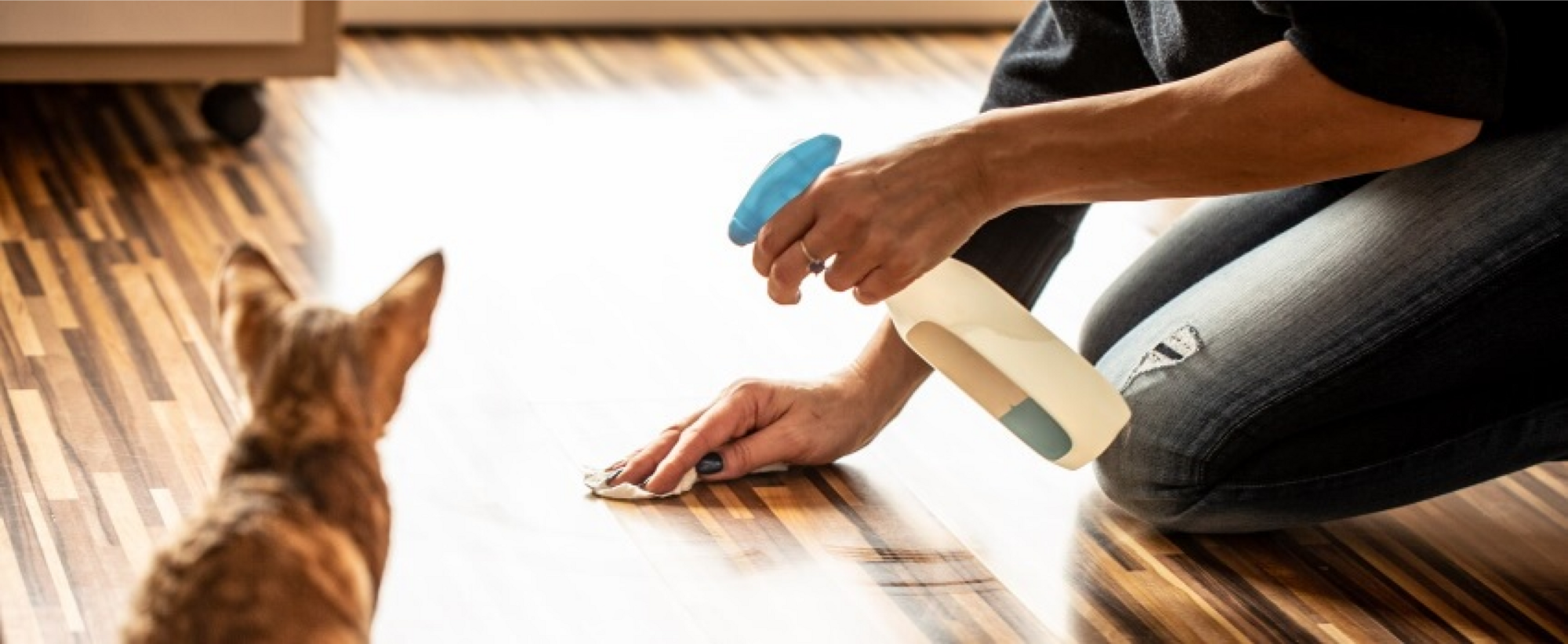
Urine spraying or house soiling is the most common and frustrating behaviour problem experienced by cat owners. There are many reasons that cats will urinate outside the litter box, and finding the exact cause can be challenging.
Cats can suffer from urinary diseases such as urinary infections or stress cystitis, resulting in inappropriate urination. It is important that if your cat is straining to urinate that you see your veterinarian immediately, as this can be a medical emergency. Cats that suffer from urinary conditions may benefit from a prescription urinary diet to manage the symptoms. Stress is often a factor, so decreasing their anxiety levels through the addition of pheromones or anxiety supplements, can be beneficial.
Cats are incredibly clean animals and can be picky about their litter tray. Factors such as the type of litter or box used, the locations it is placed in the house or how clean it is can affect whether the cat wants to use the tray. It is important to provide your cat with a litter tray that is cleaned regularly with minimal changes to litter and location. Remember to always clean any accidents with an enzyme based cleaner to breakdown the urine properly and decrease the chance of your cat remarking.
Looking for more information? Read our veterinary written article Why Do Cat's Pee On Things That They Shouldn't?.
Further Reading
Want to know more? Check out our Discover Page for more tips on keeping your pets happy and healthy.